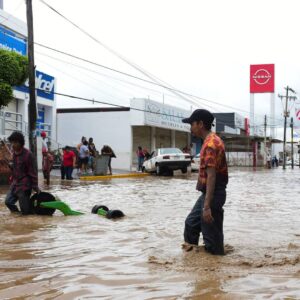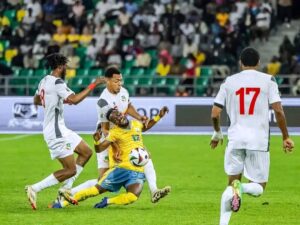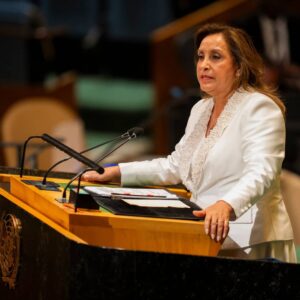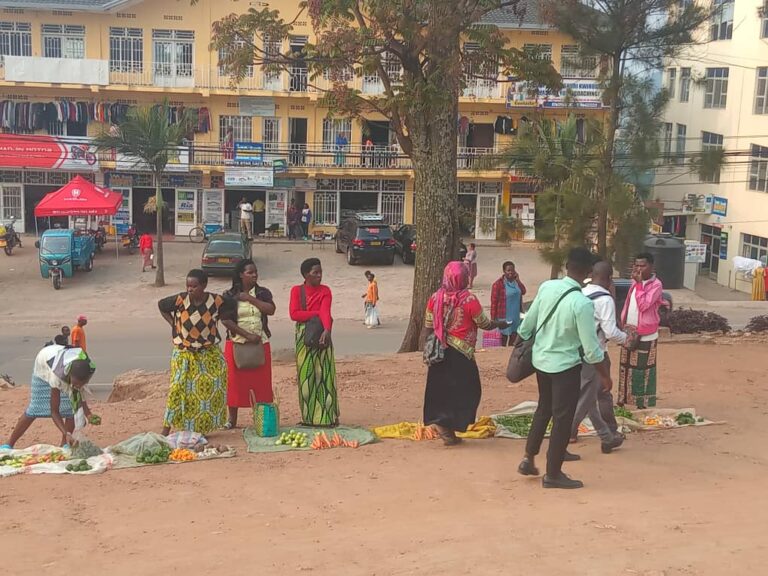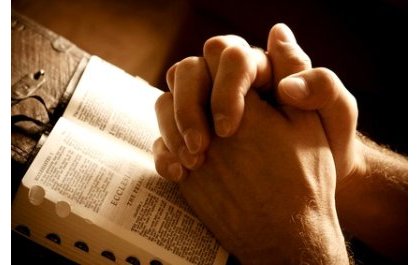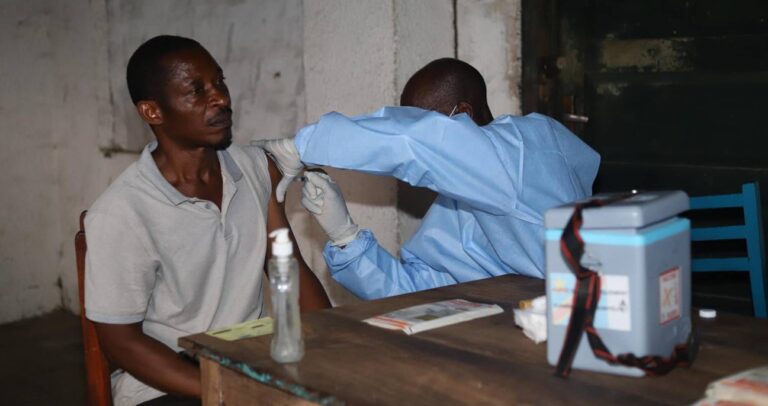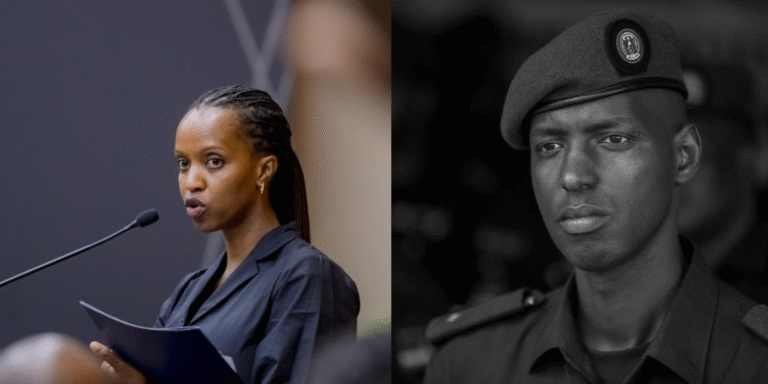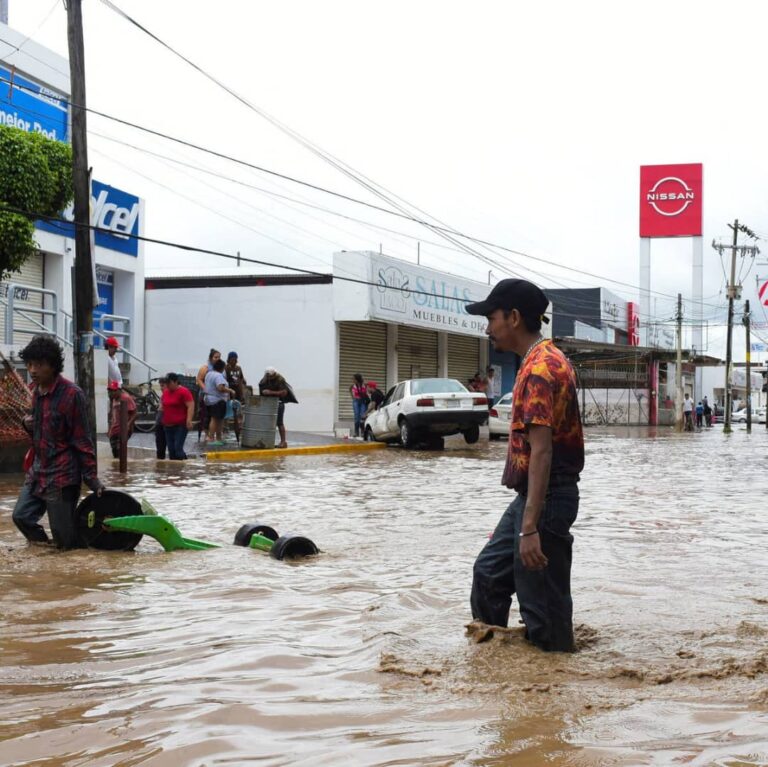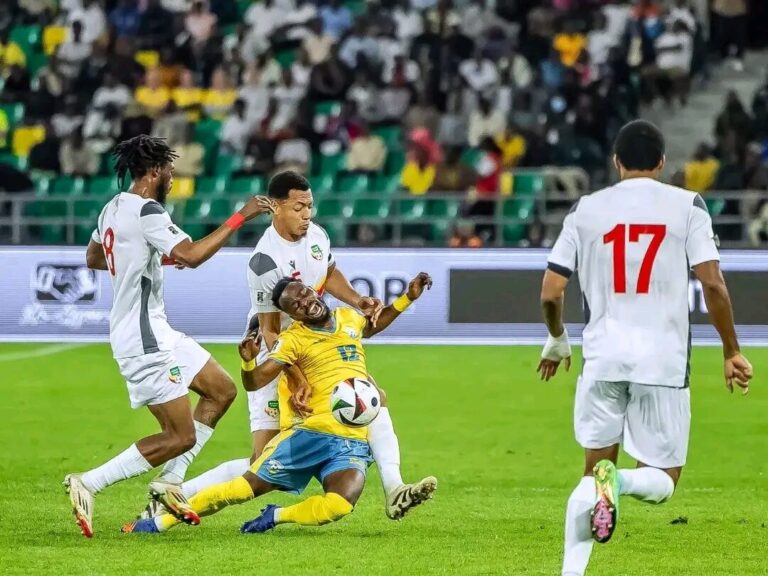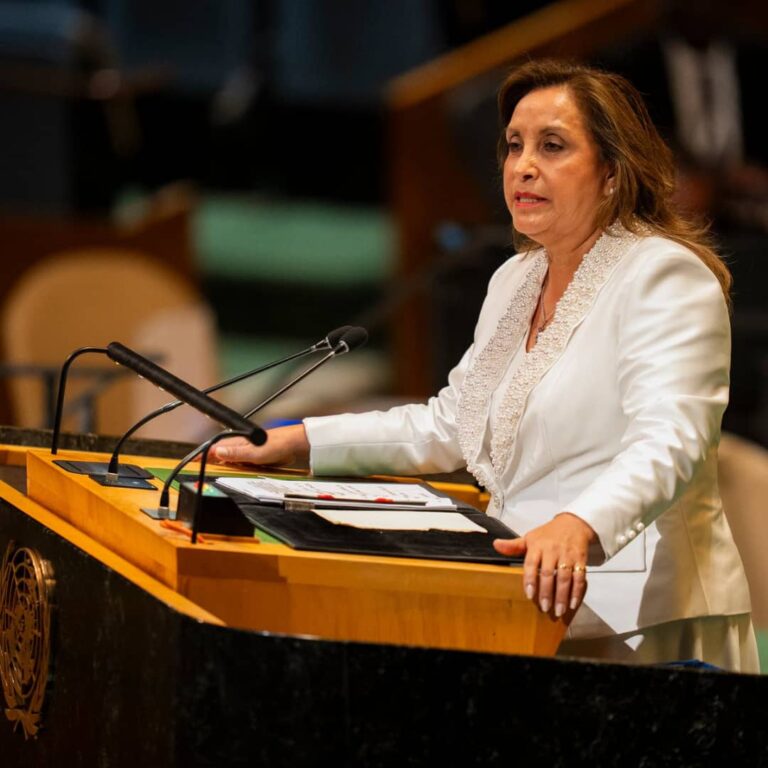Across Nepal, a surprising political shift is taking shape. Since March, thousands of citizens have been rallying to demand the return of the monarchy, a system the country officially abolished in 2008.
The movement, once seen as marginal, has now grown into a national debate.
Nepal became a federal democratic republic after years of civil conflict and political change.
But today, many citizens express frustration with the instability, economic hardship, and government inefficiency that have marked recent years.
Nostalgia for the monarchy, which once served as a symbol of unity, is rising again.
Former King Gyanendra Shah, who lost his throne in 2008, has recently made several public appearances.
His presence has energized supporters, particularly young people who feel disconnected from the current political system.
The latest turning point came on May 29, Nepal’s Republic Day, when more than 20,000 protesters filled the streets of Kathmandu, chanting “Bring back the king.” Organized by the Rastriya Prajatantra Party, the protest reflected growing public dissatisfaction with the government.
Demonstrations have continued into June, sometimes leading to confrontations with police. A prominent opposition figure, former Home Minister Kamal Thapa, was arrested during one such protest.
Meanwhile, an online group calling itself “Hacktivist Nepal” claimed responsibility for cyberattacks on government websites, replacing pages with images of former King Birendra and pro-monarchy slogans.
In response, the government has tightened security in central Kathmandu and reduced the protection detail of the former king.
Prime Minister K.P. Sharma Oli strongly condemned the protests, accusing organizers of trying to destabilize the country. Parliament is now discussing possible legal actions.
Public opinion remains divided. A recent survey by Himalmedia found that nearly half of Nepalese citizens support reinstating the monarchy and returning to a Hindu state.
For many, it is less about the king himself and more about a longing for national identity and stability in uncertain times.





